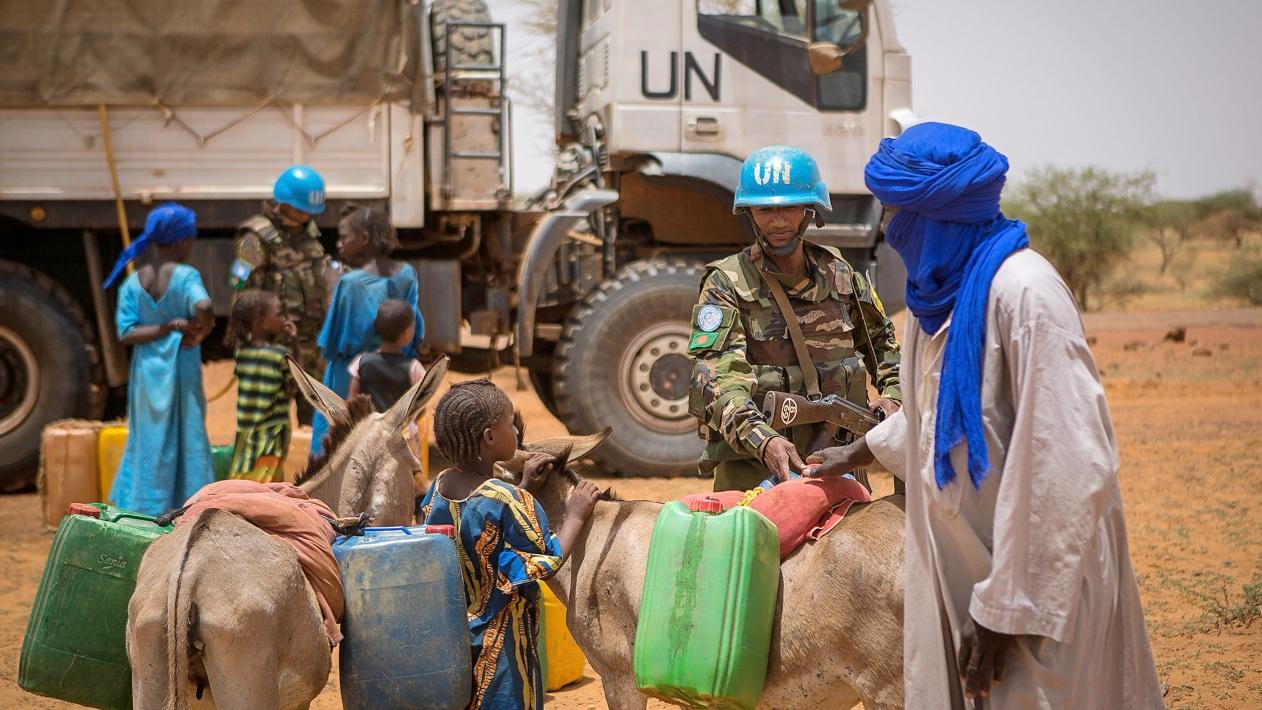Elly Twineyo Kamugisha[1] argues that the prevalence on political dynasties in a country does not automatically mean that its political system is undemocratic.
Political dynasties are present all around the world, even in democratic countries.
Dynasties exist in varying degrees regardless of the level of democracy. They have produced political leaders in varied ranks of the political process[2] and some have produced more than one Head of State or Head of Government.
In Africa, the current leader of DR Congo Joseph Kabila, is the son of the assassinated President Laurent Kabila. The long–time president of Togo – Gnassingbe Eyadema – was succeeded by his son Faure Gnassingbe. In Kenya, the country’s current head of state, Uhuru Kenyatta is the son of Jomo, the country’s independence leader and first President. There is also the Bongo Ondimba family in Gabon.

This is not just an African phenomenon. In Asia, there are political dynasties in South Korea, Singapore, India, Pakistan and the Philippines, among others.
This is a worldwide trend. There are the Venizelos and the Mitsotakis families in Greece, the Kirchners and the Rodríguez Saás in Argentina, the Allendes in Chile, the López family in Colombia, the Arosamenas in Ecuador, and the Batlles in Uruguay[3].
Former US First Lady Nancy Bush once remarked that she was seated between two presidents, i.e. her husband and her son. Both were presidents. There is also the Kennedy family. This is despite the fact that the US constitution prohibits American political royalty.
Children often adopt the vocation of their parents on their own initiative or at the encouragement of their parents. It is certainly true that politics in some African countries is of “blood and iron”, as a result many potential politicians fear for their lives and leave politics to the “mafia”. However, this situation is not universal across the continent.
Overall, we can state factors that favour dynastic politicians globally:
- The advantage of name recognition is surpassed only by the political networks of high-powered supporters that come with it.
- Dynastic politicians often enjoy two benefits – campaign advantage and brand-name advantage, as noted in Laband and Lentz (1985)[4].
- The children of political dynasties have wealth, which means that they possess ample funds to carry out a political campaign.
- In the US, research[5] has found that a legislator who has served for more than one term is 70 percent more likely to have another relative enter Congress than other Americans.
Children and close relatives of leaders in Africa should not be prevented from seeking political leadership in their land. It is their right.
In African countries, the key issue is that we should be careful not to disenfranchise citizens because their parents once occupied the high office. Political dynasty or not, any eligible citizen should be able to apply or aspire to any office in the land. However, there is a cause for concern when the child of a former or current leader is given unfair advantage to enter the highest office in the land. This is undemocratic and may cause both social and political unrest.
We should therefore note that the mere existence of political dynasties does not necessarily reflect imperfections in democratic representation. Where unfairness has been practised, it reveals a weakening of existing governance and accountability mechanisms.
It is necessary that the election commissions are non-partisan and independent – in order to conduct elections where a close relative to the incumbent top leader, such as a president or prime minister, is standing for the highest office in the land.
Elly Twineyo Kamugisha is the author of Why Africa Fails. He can be contacted at ellytk@gmail.com or info@twineyo.com
[1]Elly Twineyo Kamugisha: Author Why Africa Fails: The Case for Growth before Democracy (Tafelberg, Cape Town – South Africa, 2012); Founder African Centre for Trade and Development (ACTADE) – a think-tank; former Consultant at Uganda Management Institute (UMI)).
[2] Mazrui, A., (2009), “Half A Century of The Post-Colonial Judiciary and State-Formation: The African Experience”, Binghamton University
[3] 5Rossi, Martín A. (2009:3), “The Causes of Political Dynasties in Democratic Countries”, Universidad de San Andrés
[4] Laband and Lentz (1985) cited in Rahman, R., (2013). “Essays on Political Dynasties: Evidence from Empirical Investigations”, A PhD thesis, Department of Government of the London School of Economics and Political Science
[5] In the US, roughly one in ten lawmakers in Congress have had a family member serve in either the House or Senate, and many more come from state and local political clans. (Source: America’s Political Dynasties –
TIMEhttp://content.time.com/time/magazine/article/0,9171,2148168,00.html#ixzz2koJF9iWC(accessed on 11/16/13)





